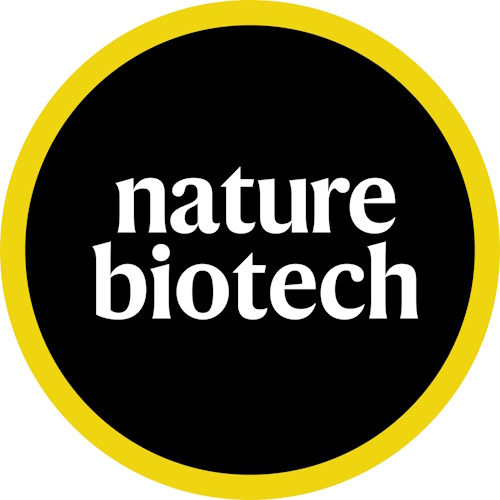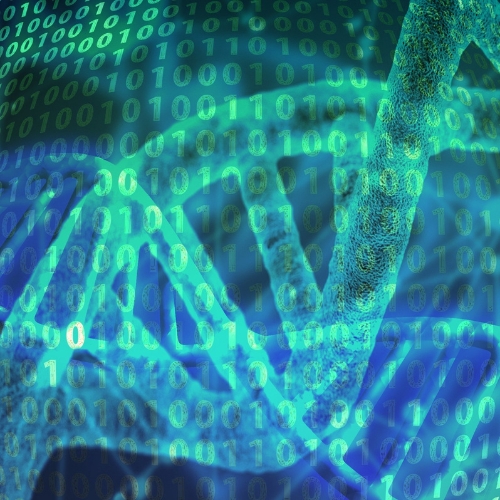Key points from article :
Human proteins and their interactions with other molecules are fundamental to biological processes. These interactions, governed by each protein's unique structure, enable cellular functions. A new AI-powered tool called PIONEER is revolutionizing the understanding of these interactions. Developed using deep machine learning, PIONEER predicts how proteins interact, accelerating research in precision medicine and enabling more targeted therapies.
Described in Nature Biotechnology on October 24, PIONEER was tested on 33 cancer types, analyzing protein interactions influenced by cancer mutations. The tool predicts patient outcomes and drug efficacy based on individual biology, offering a breakthrough for precision oncology. For example, PIONEER identified specific protein interactions, called onco-PPIs, enriched with cancer mutations that influence treatment responses and survival rates. These findings can guide personalized cancer treatments, helping identify cases where tumors may become more resistant or more susceptible to therapies.
The tool, co-developed by Haiyuan Yu at Cornell University and Feixiong Cheng of the Cleveland Clinic, is accessible as a web platform and software package. Beyond cancer, PIONEER can be applied to other diseases, including neurodevelopmental conditions and Alzheimer’s. Built on the foundations of AlphaFold—a Nobel Prize-winning AI protein prediction tool—PIONEER goes further, solving intricate protein-to-protein interactions critical for understanding cellular processes.
With applications extending to other research organisms, PIONEER represents a leap forward in understanding diseases and tailoring treatments, offering hope for more precise and effective healthcare solutions.







